Tomorrow, March 31st, will be the first time I am an out transgender person on Transgender Day of Visibility (TDOV). If you’re not familiar with this day, think of it as an opportunity to see the people around you for who they are, even if some of them don’t typically stand out in a crowd as visibly trans.
What are we celebrating?
Visibility. Being out. Trusting in our friends and family (born and chosen) to support us as we navigate the world as trans and nonbinary people. This is also a great time to highlight our struggles, to bring awareness to discrimination, and to advocate for human rights for trans and gender-diverse people everywhere.
Who is this for?
It’s for all of us! We all need to see trans and nonbinary people in the world around us, whether they’re part of our family, coworkers, in our social groups, or neighbors down the street. If you don’t think you know anyone who is trans or nonbinary, Trans Day of Visibility is a great opportunity to make it known that you are an ally and will support others who come out as transgender or gender-diverse.
For those of us who identify as trans or nonbinary, TDOV is incredibly important in showing us where our communities of support are. Being transgender can feel scary and isolating, and finding people like you makes many things in life feel better.
This is also a wonderful time to educate others about what it means to be trans or gender-diverse, and, as you already know, I am all about normalizing trans lives, starting with mine. In honor of that, here’s a glimpse into my own story of Trans Visibility.
Your trans friend
I was born in 1978, at a time when being transgender was labelled differently, shunned, hidden, and mocked in American society. When I was very young I knew that I was different, that something about me was not like my peers. But all of the cues in society and in my family told me not to share that information for fear of being rejected and punished. I held those feelings in for decades, until, as an adult in my forties, I finally knew I could no longer contain them.
Acknowledging my own transgender identity was terrifying. I worried about the life I had built with my wife, about how much I loved our two children, and how everyone in my life had known me one way for so long. Change felt too big. But facing the future without that change felt even more impossible. That was a future I didn’t want.
I started by coming out to another trans person in my life, reaching out to those I knew I could count on for that initial, vital support. I might not be here today if it were not for the kind words I heard on the phone that day. As the days passed, the relief I felt gained some momentum, and each opportunity to come out to another person was met with love and kindness.
Most importantly, seeing myself working toward becoming the man I have always been on the inside was validating and affirming in itself. As I took those careful steps forward, my body and my heart began to relax, and I understood what freedom felt like for the first time in over 40 years.
My own coming out brought with it the opportunity for others to bring their authenticity to me. If I ever doubted how important coming out had been, that confirmed for me that some of the choices we face in life really are not all about us. Sometimes we serve a more important need. I am proud to support the other trans and gender-diverse people in my life, and I’m grateful that they trusted me to provide love and stability when they most needed it.
Now, a little over a year from where this journey began, I am out in all aspects of my life (home, work, extended family, social circles), and every day feels like I have set down a heavy burden that I no longer have to carry. My shoulders are lighter, my smile comes more easily, and I feel so much joy brushing the soft beard growing under my chin. The man I see in the mirror when I pass feels familiar, and I’m eager to get to know him better. After all, he’s been waiting for this moment his entire life, and I don’t want to miss a single minute of his joy.
How about a few links for support?
The Human Rights Campaign offers a lot of great information for individuals and families to support and understand their trans and gender-diverse family members.
https://www.hrc.org/resources/international-transgender-day-of-visibility
GLAAD is another good place to find resources on all things LGBTQIA+, including some important publications and reports often referenced by authors, doctors, and the media.
The Trevor Project is close to the hearts of many people as the premier support system in the US for queer youth. Most notably, the Trevor Project operates a phone hotline and online support for suicide and self-harm prevention. If you take away only one thing from this post, please widely spread information about the Trevor Project, or consider donating to support their valuable work. After all, #protecttranskids is maybe the most important thing any of us can do.
https://www.thetrevorproject.org/
For adults, Trans Lifeline provides 24-hour phone and online support for crisis management, including suicide and self-harm prevention. Trans Lifeline is run by trans people for trans people.
If you or someone you know needs support, please reach out to the links listed above.
If you want to show that you are an ally, please share this post with others.
You can also post on social media using the links above to share your support and help guide others toward helpful resources.
Vote to support candidates in local and federal elections who support and advocate for LGBTQIA+ people and issues, especially those who openly state that LGBTQIA+ issues are human rights.
Ask questions of people like myself who create space to educate, inform, and entertain you with our trans stories. You help normalize people like me in the world with your support.
Consider adding your pronouns to your email signature, your video chat profile for meetings, and using your pronouns when introducing yourself to others, formally and informally. This is a great way to show others that you support the pronouns they want to have used for them, even if they’re not ready to say that out loud yet.
Pay attention to coverage of legislation, policies, or programs that help or harm trans and gender-diverse people in your community.
Ask your local schools if they have programs to support LGBTQIA+ youth. Volunteer for ones in your kids’ schools.
Thanks for celebrating Trans Day of Visibility with me.
Your trans friend,
Robin





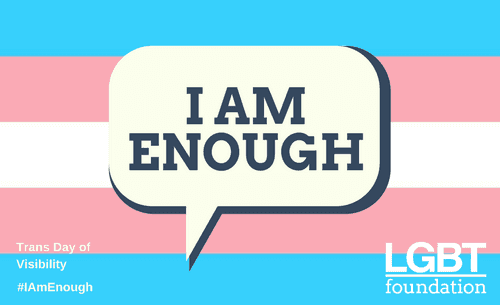
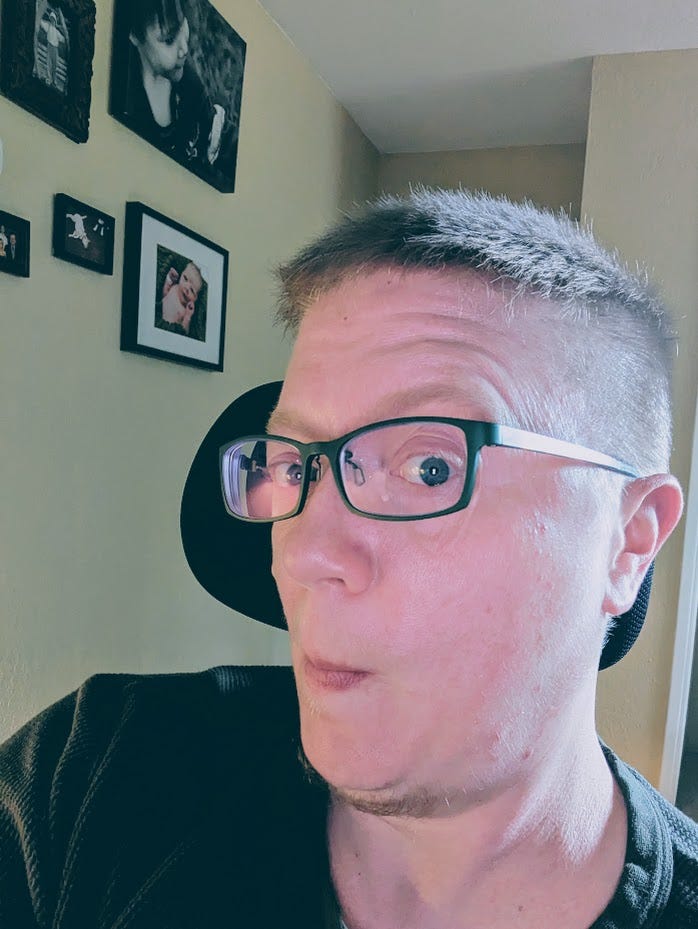
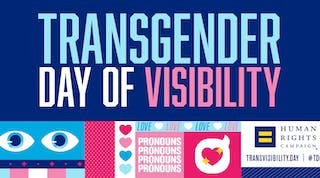
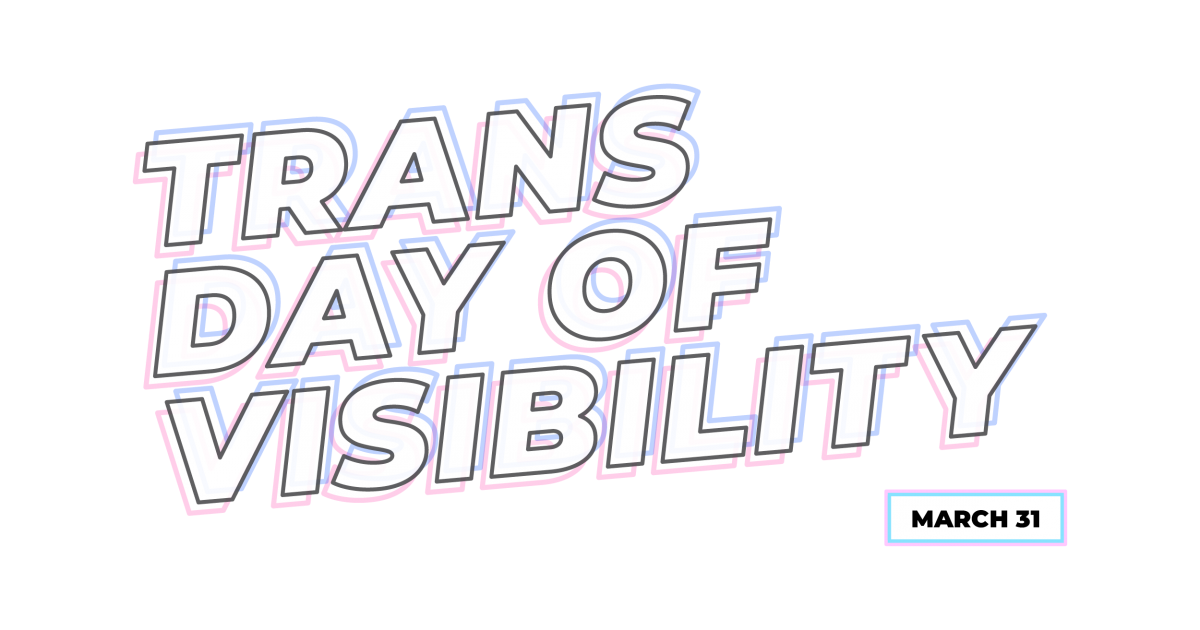
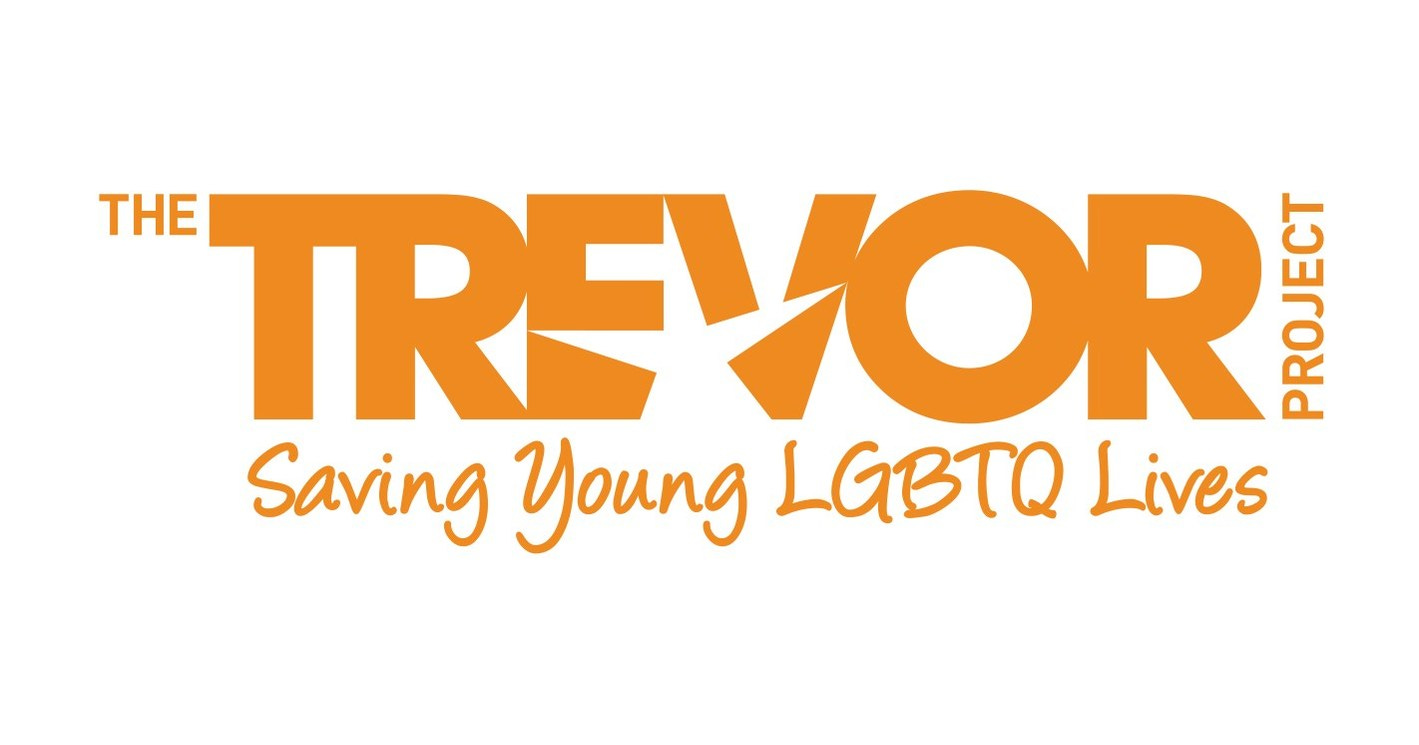

How wonderful for you Robin that you are finally the person that you were meant to be. I am happy for you and wish you and your family only the best.